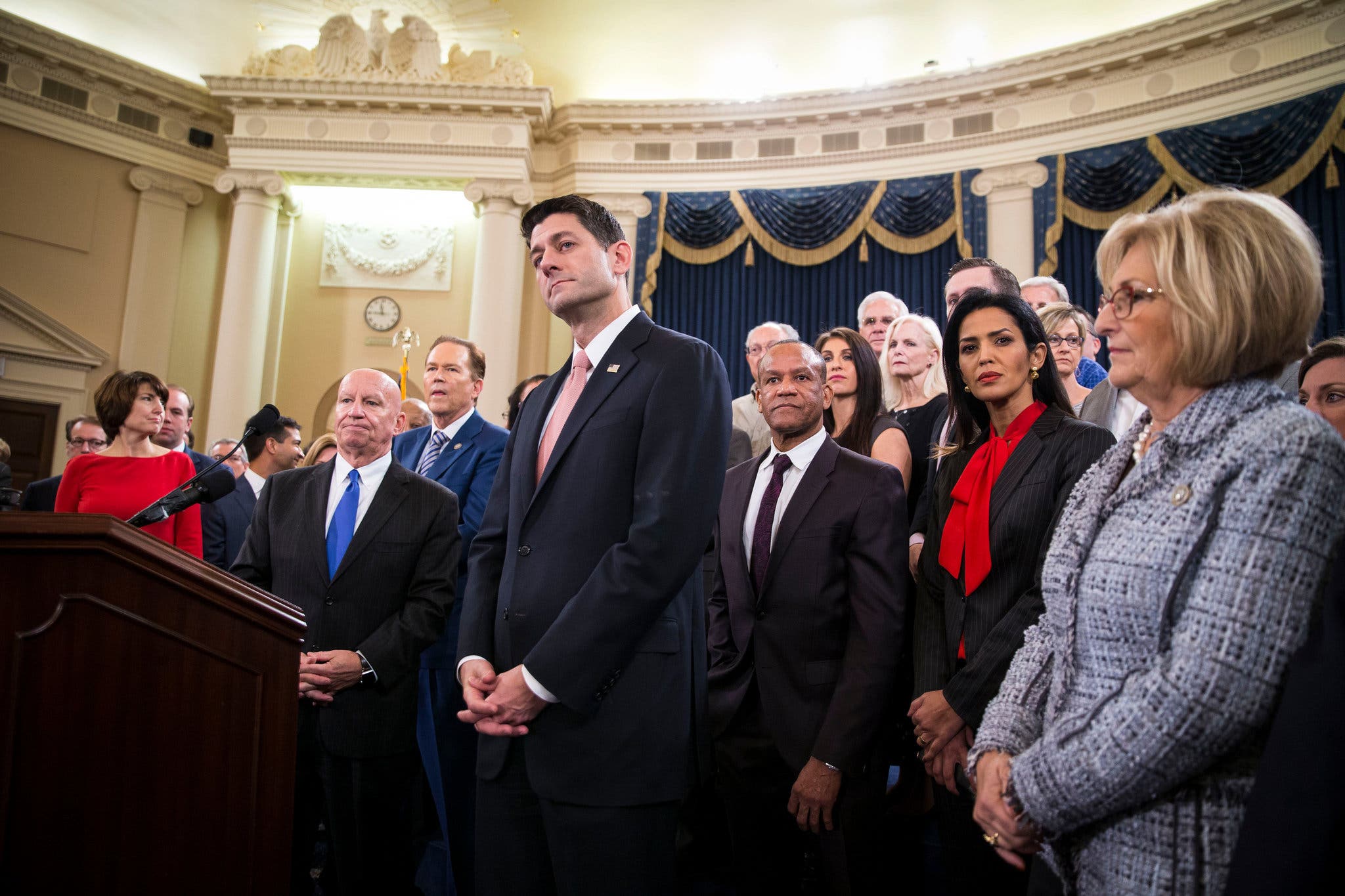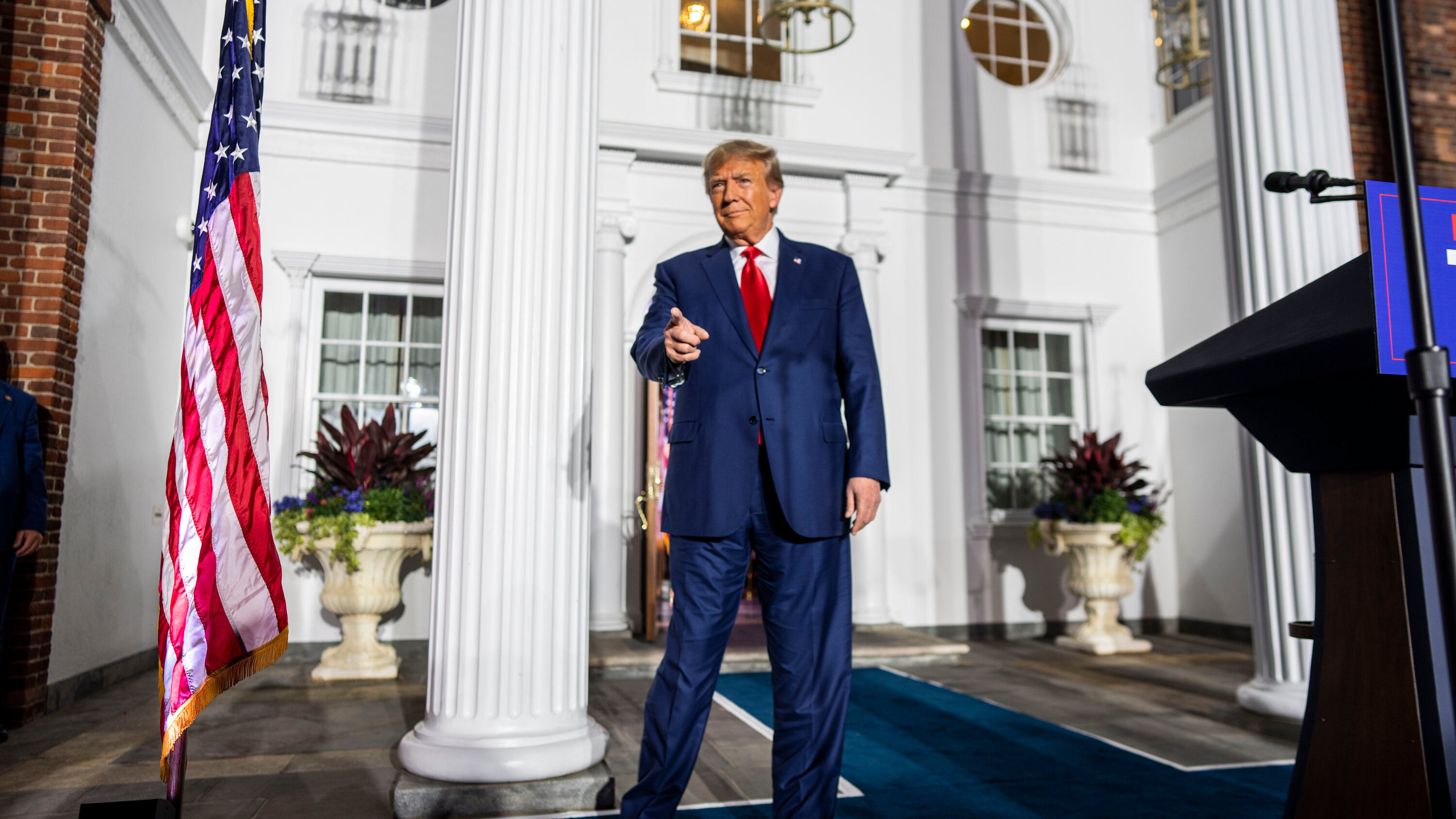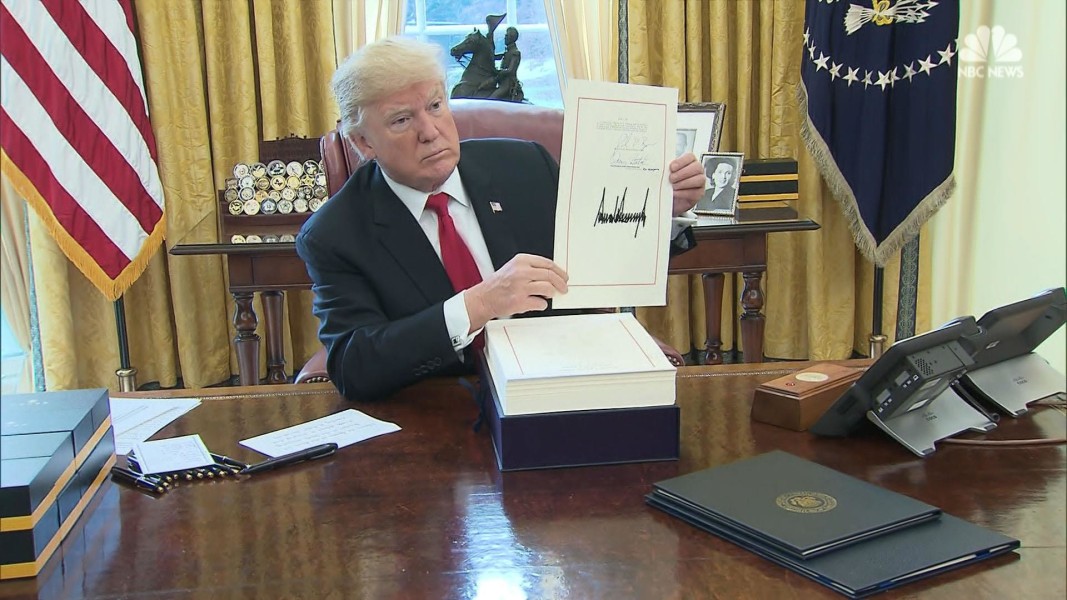The Brain Drain: Global Efforts To Recruit US Researchers Intensify Following Funding Reductions

Table of Contents
Causes of the US Brain Drain
The exodus of US researchers is a complex problem with multiple contributing factors. Reduced funding, lack of job security, and a less-than-ideal political and social climate all play significant roles.
Reduced Research Funding
Declining research funding is arguably the most significant driver of the brain drain. The National Institutes of Health (NIH), a crucial source of funding for biomedical research, has faced consistent budget constraints in recent years. This translates directly into fewer grant opportunities for researchers, impacting both established scientists and those just starting their careers.
- Specific Examples: The NIH budget, while having seen some recent increases, has not kept pace with inflation or the increasing cost of research. This translates to a smaller percentage of grant applications being funded, resulting in increased competition and a higher likelihood of researchers leaving the field entirely.
- Impact on Research: Reduced funding leads to smaller research teams, fewer projects, and delays in groundbreaking discoveries. The uncertainty surrounding funding also makes it difficult to secure long-term commitments from researchers.
- Data and Statistics: [Insert relevant statistics here regarding NIH budget cuts, grant success rates, and the number of researchers leaving the US due to funding issues. Cite reputable sources such as the NIH website, NSF, and relevant peer-reviewed articles].
Lack of Job Security and Career Opportunities
The academic job market in the US is notoriously competitive, characterized by a reliance on short-term contracts and grant-dependent positions. This lack of job security and limited career progression opportunities pushes many talented researchers to seek more stable positions abroad.
- Postdoctoral Positions: Many early-career researchers spend years in postdoctoral positions, often with limited benefits and uncertain futures. The prolonged period of instability discourages many from pursuing long-term careers in US academia.
- Academic Job Market: The scarcity of tenure-track positions forces many researchers to move between temporary positions, hindering their ability to establish independent research programs.
- Career Stability: The uncertainty inherent in the US academic system pushes researchers to seek more stable and predictable career paths in other countries offering more long-term employment opportunities and better benefits.
Political and Social Climate
Political uncertainties and social issues also contribute to the brain drain. Concerns about immigration policies, social unrest, and the overall research environment can influence researchers' decisions to leave the US.
- Immigration Policies: Restrictive immigration policies can make it difficult for international researchers to obtain visas and work permits, discouraging talented scientists from coming to or staying in the US.
- Political Climate: Changes in national priorities and funding allocations for research, driven by fluctuating political landscapes, can create instability and uncertainty for the scientific community.
- Social Unrest: Social and political polarization can create a less welcoming environment for researchers, leading them to seek more stable and inclusive research environments elsewhere.
Global Efforts to Recruit US Researchers
Recognizing the opportunity presented by the brain drain, many countries are actively recruiting US researchers with attractive incentives.
Attractive Incentives Offered by Other Countries
Countries like Canada, the UK, Germany, and Australia are actively courting American scientists, offering a range of benefits to lure them away.
- Higher Salaries: Many countries offer significantly higher salaries for researchers compared to the US, particularly for those in high-demand fields.
- Better Research Facilities: State-of-the-art research infrastructure and cutting-edge technology are key attractions for many researchers.
- More Stable Funding: More stable and predictable research funding is a major draw for scientists seeking long-term career stability.
- Immigration Benefits: Streamlined immigration processes and more welcoming immigration policies make it easier for researchers to relocate and settle in their new countries.
Increased Competition for Top Talent
The competition for top scientific talent is fierce, with countries employing various strategies to attract the best researchers.
- Targeted Recruitment Campaigns: Many countries have launched targeted recruitment campaigns, actively seeking out specific researchers with expertise in key areas.
- Global Competition: The global competition for scientific talent is intensifying, highlighting the importance of attracting and retaining skilled researchers.
- Talent War: The competition to attract top researchers can be described as a “talent war,” where countries compete to secure access to the best scientists and research programs.
Consequences of the Brain Drain for the US
The loss of top scientific minds has serious consequences for the US, impacting innovation and its global leadership in research.
Loss of Innovation and Economic Growth
The brain drain leads to a loss of innovation and economic growth. Fewer researchers means fewer discoveries, potentially hindering technological advancements and economic competitiveness.
- Economic Impact: The loss of research talent directly impacts national economic productivity and competitiveness on a global scale.
- Technological Innovation: Reduced research output translates to fewer technological advancements and a diminished capacity for innovation in various sectors.
- Scientific Progress: A decrease in the number of highly trained scientists hampers scientific progress, hindering the development of new treatments, technologies, and solutions to global challenges.
Weakening of US Global Leadership in Research
The brain drain poses a threat to the US's global leadership in various scientific fields. Other countries could surpass the US in scientific achievements if the trend continues.
- Global Leadership: The US risks losing its global leadership position in scientific research, impacting its national security and international influence.
- Scientific Excellence: The continued emigration of top scientists undermines the US’s reputation for scientific excellence.
- Research Output: A declining number of researchers will inevitably lead to a decrease in overall research output and a reduced ability to contribute to global scientific advancements.
Conclusion: Addressing the Brain Drain Crisis
The brain drain of US researchers is a serious issue with far-reaching consequences. Reduced research funding, lack of job security, and a less welcoming environment are driving talented scientists abroad. This is not merely a loss of individual researchers but a loss of intellectual capital, innovation, and global leadership. To stop this brain drain, immediate action is required.
Increased research funding, improved career support for researchers, reforms to immigration policies, and the creation of a more welcoming and supportive research environment are essential steps. We need to foster a culture that values scientific research and rewards the dedication of its scientists.
Let's work together to reverse this trend. Advocate for increased funding for scientific research and policies that support the retention of top scientific talent in the US. We must act now to stop the brain drain and secure America's future as a global leader in scientific innovation.

Featured Posts
-
 Lynas Texas Refinery Us Aid Request As Costs Escalate
Apr 29, 2025
Lynas Texas Refinery Us Aid Request As Costs Escalate
Apr 29, 2025 -
 Anthony Edwards Paternity Dispute Resolved Ayesha Howard Awarded Custody
Apr 29, 2025
Anthony Edwards Paternity Dispute Resolved Ayesha Howard Awarded Custody
Apr 29, 2025 -
 10 New Nuclear Reactors Approved In China A Major Expansion
Apr 29, 2025
10 New Nuclear Reactors Approved In China A Major Expansion
Apr 29, 2025 -
 Details Revealed Ccp United Front Work In Minnesota
Apr 29, 2025
Details Revealed Ccp United Front Work In Minnesota
Apr 29, 2025 -
 Antlaq Fealyat Fn Abwzby 19 Nwfmbr
Apr 29, 2025
Antlaq Fealyat Fn Abwzby 19 Nwfmbr
Apr 29, 2025
Latest Posts
-
 Republican Divisions Could Determine Fate Of Trumps Tax Plan
Apr 29, 2025
Republican Divisions Could Determine Fate Of Trumps Tax Plan
Apr 29, 2025 -
 Can Trump Overcome Republican Opposition To His Tax Bill
Apr 29, 2025
Can Trump Overcome Republican Opposition To His Tax Bill
Apr 29, 2025 -
 The Fight Within The Gop Trumps Tax Plan In Jeopardy
Apr 29, 2025
The Fight Within The Gop Trumps Tax Plan In Jeopardy
Apr 29, 2025 -
 Analysis Trumps Tax Bill Faces Significant Republican Opposition
Apr 29, 2025
Analysis Trumps Tax Bill Faces Significant Republican Opposition
Apr 29, 2025 -
 Key Republican Groups Oppose Trumps Big Beautiful Tax Cuts
Apr 29, 2025
Key Republican Groups Oppose Trumps Big Beautiful Tax Cuts
Apr 29, 2025
